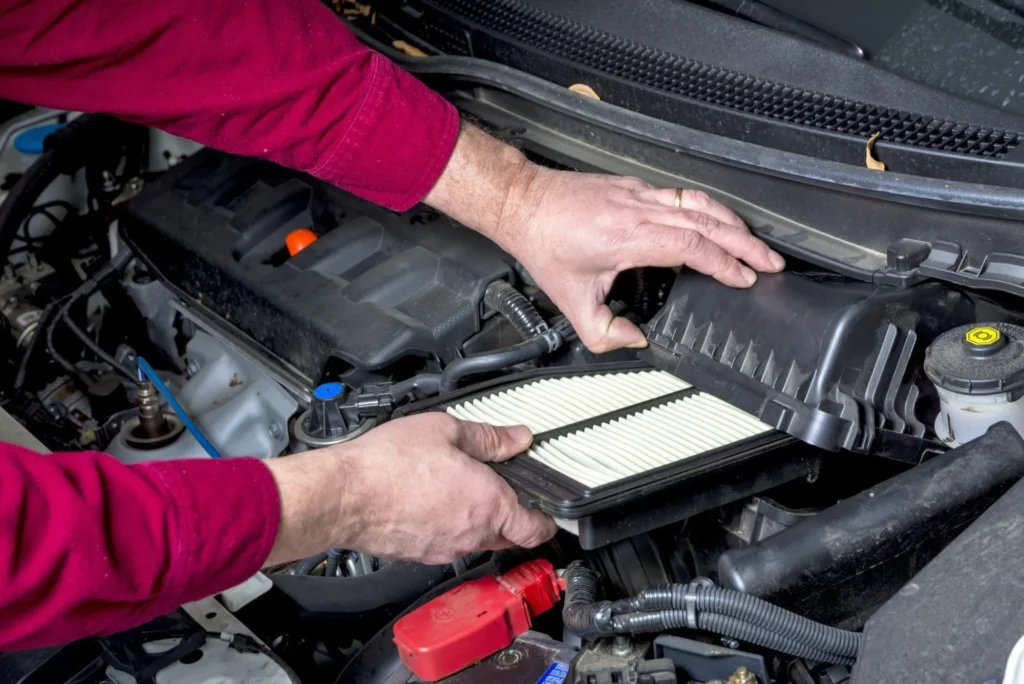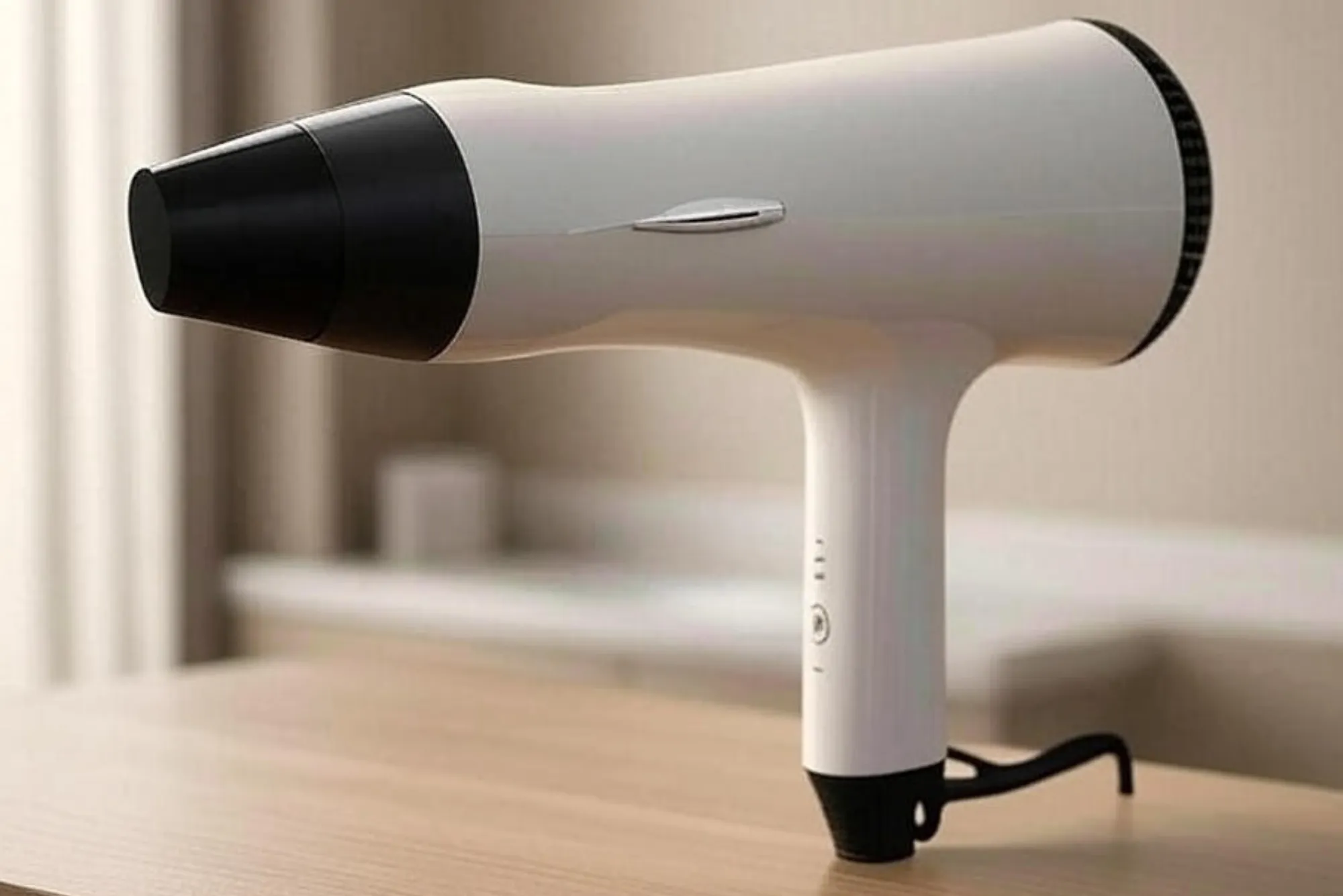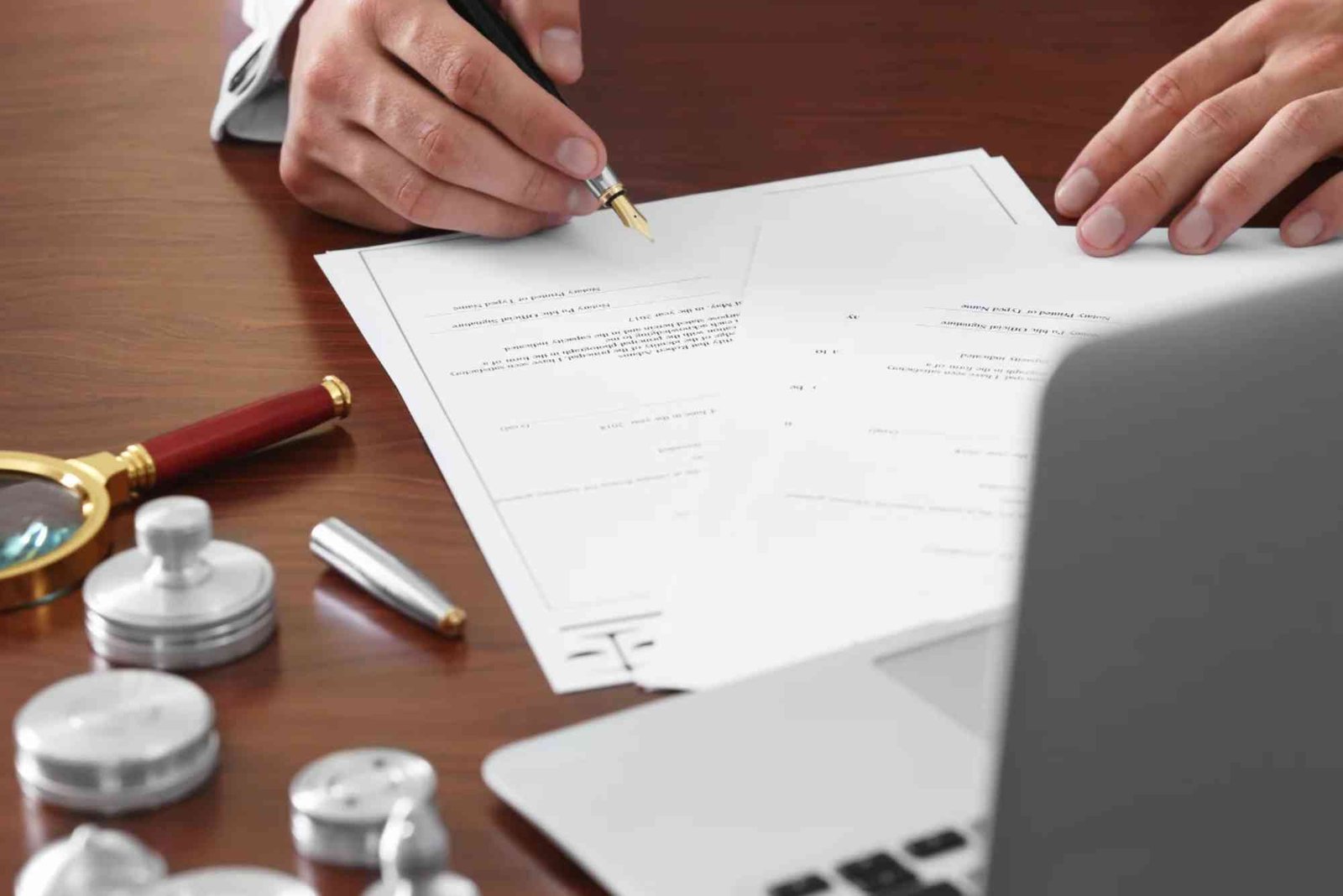Maintaining your car involves several essential tasks, and one often overlooked but vital component is the car air filter. A clean air filter is crucial for your vehicle’s engine to run efficiently and keep your car in good condition. But how often should you change it? In this article, we will explore the importance of air filters, the signs of a dirty filter, and how often you should replace it to keep your car running smoothly.
What Is a Car Air Filter?
The air filter in a vehicle plays a vital role in ensuring that the air entering the engine is clean and free from contaminants. Dust, debris, and other particles in the air can cause wear and tear on the engine components if they are not filtered out. The air filter captures these particles, allowing only clean air to flow into the engine. Clean air is essential for combustion, which powers your vehicle. Therefore, a properly functioning air filter not only protects your engine but also ensures optimal performance and fuel efficiency.
Why Is It Important to Change Your Car Air Filter?

Over time, the air filter becomes clogged with dirt and debris, which limits the amount of air that can pass through it. This can negatively affect engine performance, fuel economy, and even contribute to higher emissions. Let’s look at some of the primary reasons why changing your car air filter is essential:
Improved Fuel Efficiency
A clogged air filter restricts airflow to the engine, making it work harder to draw in air. This leads to a drop in fuel efficiency, as the engine consumes more fuel to compensate for the restricted air supply. Replacing a dirty air filter can improve fuel economy by as much as 10%.
Better Engine Performance
When the engine receives the right amount of clean air, it performs more efficiently. A clogged air filter, however, disrupts the air-fuel balance, which can result in poor acceleration, rough idling, and reduced engine power. Changing the air filter can restore optimal engine performance.
Prolonged Engine Life
Dirt and debris entering the engine can cause damage to internal components, leading to premature wear. The air filter acts as the first line of defense, preventing harmful particles from entering the engine. Regularly changing the air filter helps protect the engine and extends its lifespan.
Lower Emissions
A clean air filter contributes to more complete combustion, which reduces the amount of unburned fuel released into the atmosphere. This, in turn, lowers your vehicle’s carbon emissions. If your car’s air filter is dirty, the engine may emit more pollutants, contributing to environmental harm.
Enhanced Cabin Air Quality
In some vehicles, the air filter also influences the quality of air inside the cabin. If the air filter is dirty, it can allow dust, pollen, and other contaminants into the cabin, affecting air quality and causing discomfort for passengers, especially those with allergies or respiratory issues.
How Often Should You Change a Car Air Filter?
There isn’t a one-size-fits-all answer to this question, as the frequency of changing your car’s air filter depends on various factors, including the type of vehicle, driving conditions, and manufacturer recommendations. However, there are general guidelines that can help you determine when it’s time for a replacement.
Manufacturer’s Recommendation
Most vehicle manufacturers recommend changing the air filter every 12,000 to 15,000 miles (19,000 to 24,000 kilometers). However, it’s essential to consult your owner’s manual for the exact replacement interval, as some cars may have different recommendations based on engine size, design, and performance requirements.
Driving Conditions
If you frequently drive in harsh environments, such as dusty roads, rural areas, or regions with heavy pollution, your air filter will become clogged faster. In such cases, you may need to replace the air filter more often, potentially every 6,000 to 10,000 miles (9,600 to 16,000 kilometers). Additionally, if you do a lot of city driving with frequent stops and starts, your air filter can also get dirty quicker.
Visual Inspection
One of the best ways to determine if it’s time to change your air filter is by conducting a visual inspection. A clean air filter is usually white or off-white, while a dirty one will appear dark and clogged with debris. You can check the air filter during routine maintenance or when you get your oil changed. If it looks dirty, it’s time to replace it, even if you haven’t hit the recommended mileage.
Signs It’s Time to Change Your Car Air Filter

Aside from regular maintenance schedules, your car may exhibit signs that indicate it’s time to change the air filter. Here are some common symptoms:
Reduced Fuel Efficiency
If you notice that your car is consuming more fuel than usual, a clogged air filter could be the culprit. As mentioned earlier, a dirty filter restricts airflow, forcing the engine to work harder and burn more fuel.
Decreased Engine Power
If your car feels sluggish or struggles to accelerate, it may be due to a lack of sufficient airflow to the engine. Replacing the air filter can help restore the engine’s power.
Unusual Engine Sounds
A clogged air filter can cause unusual engine noises, such as coughing or sputtering during idling or acceleration. If your car is making strange sounds, it’s worth checking the air filter.
Check Engine Light
In some cases, a clogged air filter can trigger the check engine light. While there are many reasons why this light may appear, an old air filter could be one of them.
Dirty Appearance
A visual inspection can quickly tell you whether your air filter needs to be replaced. If the filter looks dark and clogged, it’s time for a new one.
How to Replace a Car Air Filter
Changing the air filter is a relatively simple task that you can do yourself with a few basic tools. Here’s a step-by-step guide to replacing your car’s air filter:
Locate the Air Filter Housing
The air filter is usually housed in a plastic or metal box near the engine, often labeled “air filter” or “air cleaner.” You may need to consult your owner’s manual to find its exact location.
Remove the Air Filter Cover
Using a screwdriver or your hands, remove the screws or clips holding the air filter cover in place.
Take Out the Old Air Filter
Lift out the old air filter and inspect it for dirt and debris. If it’s dirty, it’s time for a replacement.
Insert the New Air Filter
Place the new air filter in the housing, making sure it fits snugly. The filter should be installed in the correct orientation, with the pleated side facing the airflow.
Replace the Cover
Secure the air filter cover with the screws or clips, ensuring it’s properly sealed.
Dispose of the Old Filter
Properly dispose of the old air filter according to local recycling or waste disposal guidelines.
Changing your car air filter is a simple yet essential part of vehicle maintenance that can significantly impact your car’s performance, fuel efficiency, and longevity. By following manufacturer recommendations and keeping an eye out for signs of a dirty filter, you can ensure that your car runs smoothly and efficiently. Whether you’re driving in dusty conditions or just sticking to routine maintenance, replacing your air filter at regular intervals is a small investment that can save you money and keep your engine running at its best.












